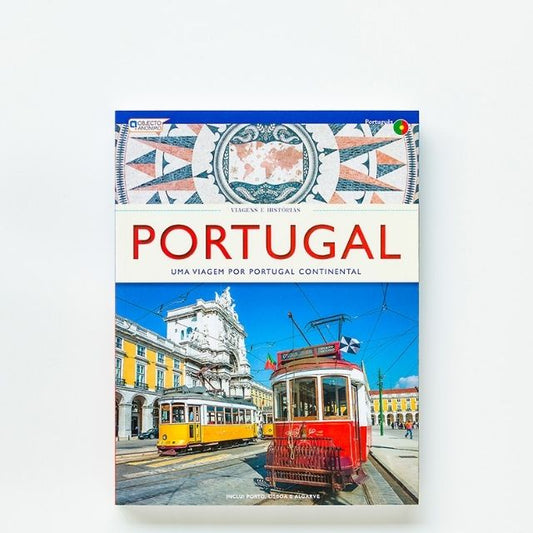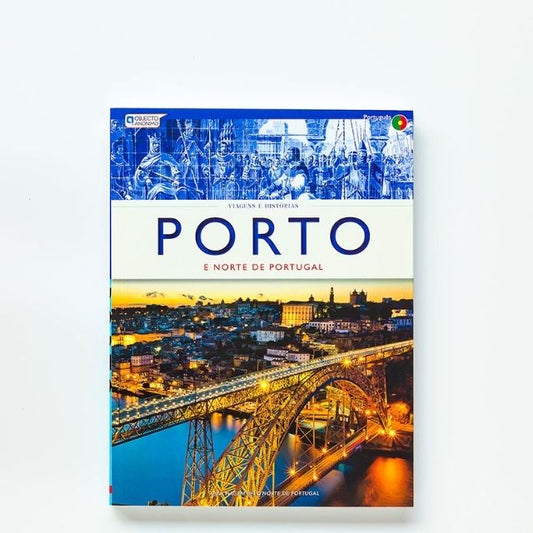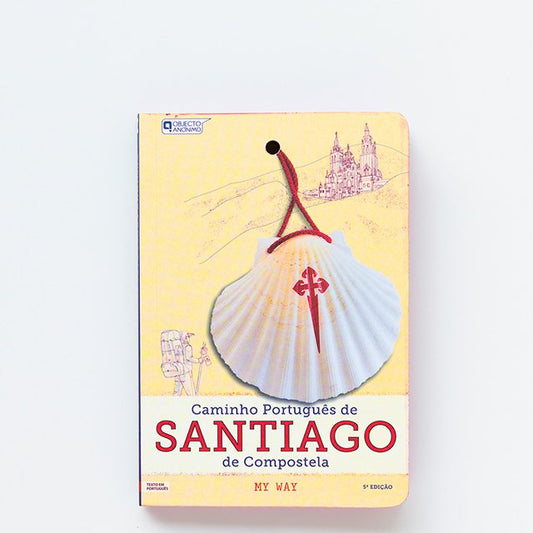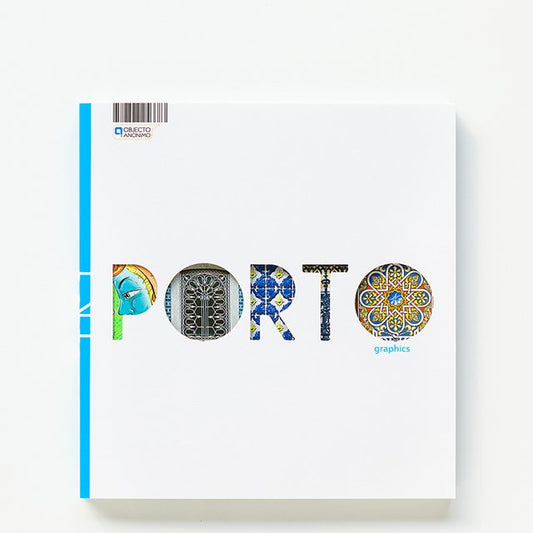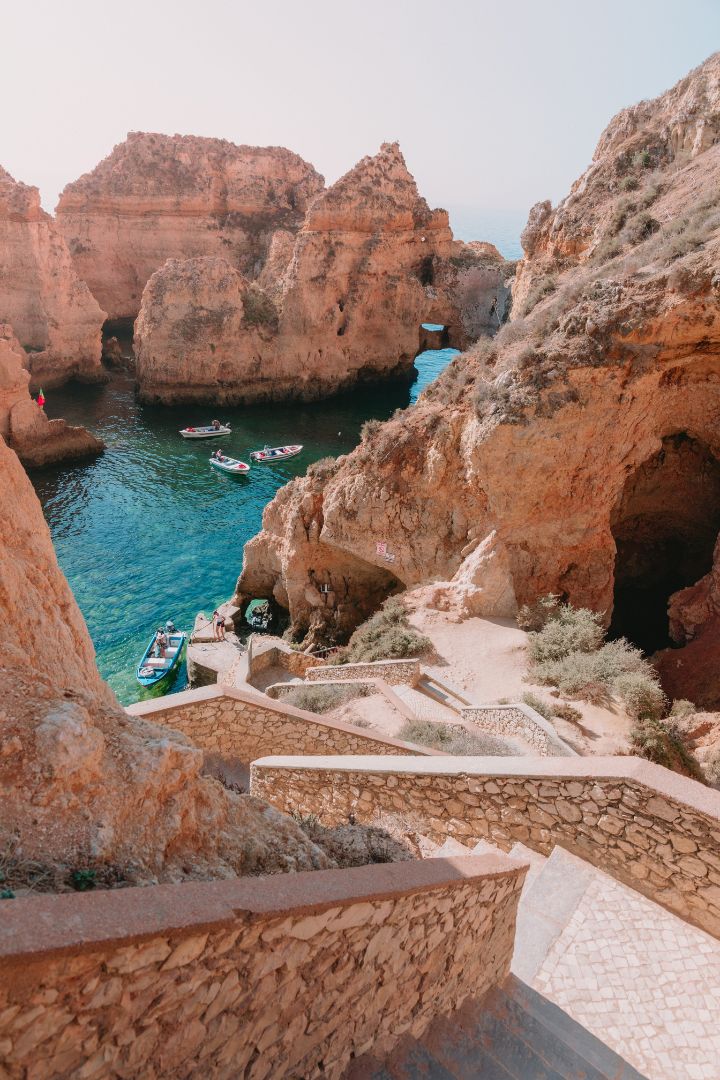
Discovering Iberica: A Journey Through the Culture & History of Iberian Peninsula
Discovering the Location of Iberica
Iberica is originally a Latin word that refers to the Iberian Peninsula, which is located in southwestern Europe and includes countries like Spain, Portugal, Andorra, and even part of France. When we talk about anything related to this region - its people, culture, wildlife - we can use the word “Iberian” to describe it.
The Iberian Peninsula has such a rich history and culture. It was home to ancient civilizations like the Celts, Romans, and Moors. Nowadays, it’s known for its lively cities, stunning beaches, and mouth-watering cuisine.
The geography of the Iberian Peninsula has also influenced its culture. Separated from France by the towering Pyrenees Mountains, this region’s history and culture frequently evolved with an often-iconic non-European character.
Overall, the unique culture of the Iberian Peninsula is a result of its rich history, diverse population, and distinct geography.
Uncovering the Identity of the Iberians
The history of the Iberian Peninsula is long and fascinating. The first written records of the peninsula’s history date to around 1000 BCE, when Phoenician traders began to establish settlements in the area1.
The Iberian Peninsula has been inhabited by various groups of people throughout its history. The ancient Iberians were a prehistoric people who settled in the eastern and southern coasts of the Iberian Peninsula at least from the 6th century BC1. They are described in Greek and Roman sources1.
The name “Iberian” comes from the ancient inhabitants of the peninsula, whom the Greeks called Iberians. This name probably derives from the Ebro (Iberus), which is the peninsula’s second-longest river (after the Tagus)2.
Today, the Iberian Peninsula is home to a diverse population with a rich mix of cultural heritage. The people of the Iberian Peninsula are predominantly Caucasian, just like other Europeans2.
Savouring the Flavors of Iberian Cuisine
The Iberian Peninsula is also known for its rich culinary traditions. Spanish cuisine is particularly famous and includes dishes such as paella, gazpacho, and churros2.
Portuguese cuisine is characterized by its use of fresh seafood, hearty stews, and delicious pastries. The country’s location on the Atlantic coast has made seafood a staple of its cuisine. Common seafood dishes include grilled sardines, salt cod, and octopus1.
Portuguese cuisine is also known for its use of spices, many of which were introduced to the country through its former colonial possessions. These spices include piri piri (small, fiery chili peppers), black pepper, white pepper, cinnamon, vanilla, clove, cumin, allspice and saffron2.
Common side dishes in Portuguese cuisine include potatoes, rice, and simple salads. The country is also well-known for its rich and sweet desserts3.
Exploring the Vibrant Music and Culture of Iberica
The music of the Iberian Peninsula is diverse and reflects the region’s rich history and cultural heritage. The peninsula has been home to many different civilizations throughout its history, and each has left its mark on the region’s musical traditions.
One of the most influential periods in the history of music in the Iberian Peninsula was during the time of Al-Andalus, when much of the peninsula was under Muslim rule. This period saw a flourishing of music and poetry, with influences from Arabic, Persian, and Jewish traditions1.
In more recent times, the Iberian Peninsula has produced a wide variety of musical styles and genres. Spain is particularly known for its flamenco music, which originated in Andalusia and combines elements of Spanish and Romani music. Portugal is famous for its fado music, a melancholic style that originated in Lisbon.
Overall, the music of the Iberian Peninsula is rich and diverse, reflecting the region’s unique history and cultural heritage.
Discovering Must-See Destinations in the Iberian Peninsula
The Iberian Peninsula is home to many popular tourist destinations. Some of the most popular places to visit include:
- Lagos: A beautiful coastal town in Portugal known for its stunning beaches and vibrant nightlife1.
- Lisbon: The capital of Portugal, famous for its historic architecture, delicious food, and lively culture1.
- Porto: A charming city in northern Portugal known for its historic center, port wine, and picturesque riverfront1.
- Valencia: A city on the east coast of Spain known for its old-town charm and futuristic architecture1.
- Barcelona: A vibrant city on the northeast coast of Spain known for its architecture, art, and culture1.
- Seville: A historic city in southern Spain known for its beautiful architecture, flamenco music, and delicious food1.
These are just a few of the many amazing places to visit in the Iberian Peninsula. Each destination has its own unique charm and attractions.
Overall, the history of the Iberian Peninsula is rich and diverse. It is a fascinating region with a unique past.

